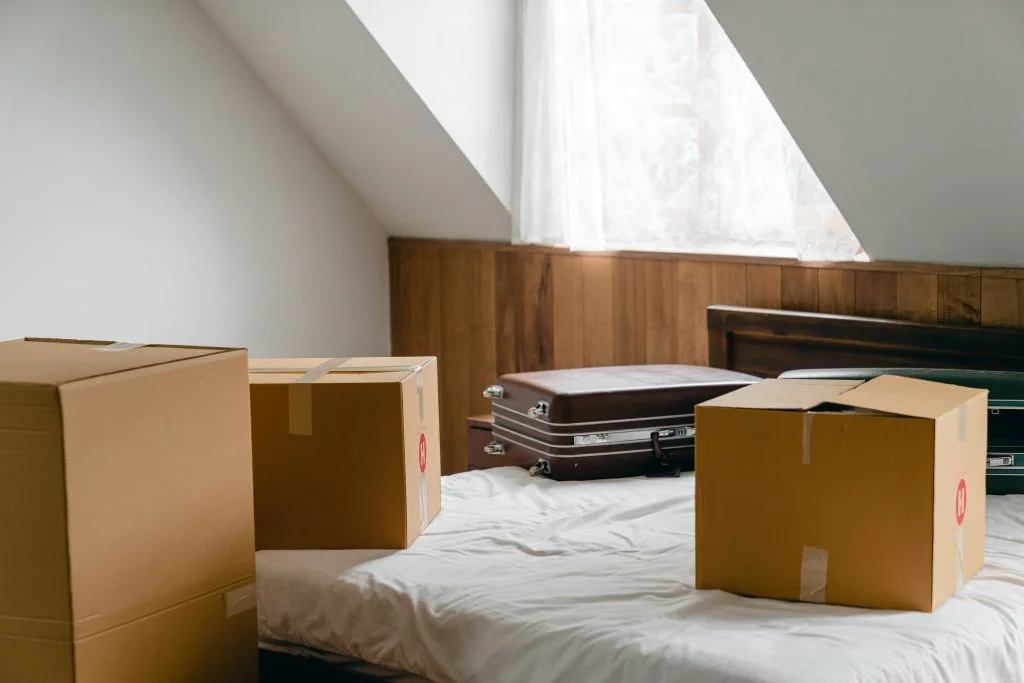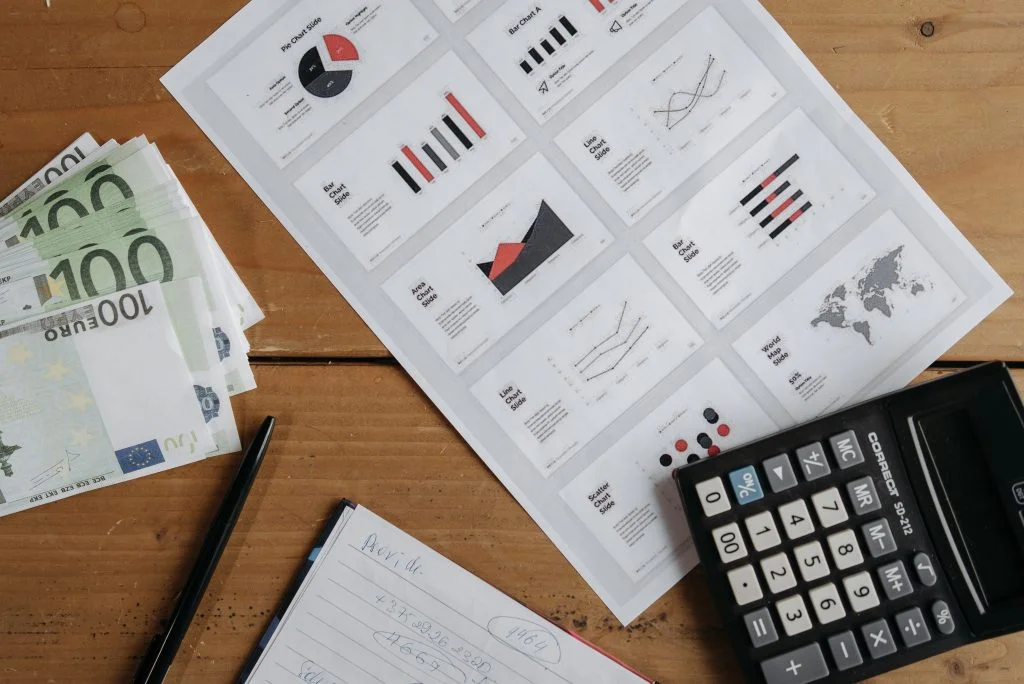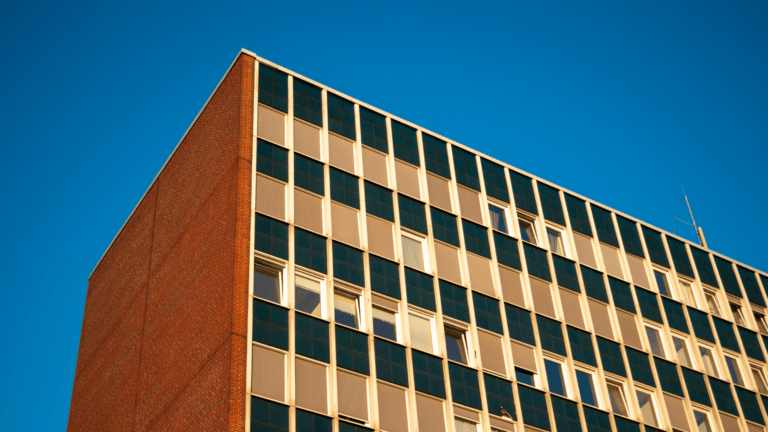The age-old question remains: is buying or renting more advantageous? It has become a question of security versus freedom. The answer to this question depends on many factors, including financial situation, personal preferences and the local housing market. With the serious rise in interest rates, new life is being breathed into the age-old debate. In this article, we will do a thorough comparison between buying and renting, with the goal of finding out which option is cheaper for you.
Buying: the benefits and costs
Buying a home offers several advantages that renters do not experience. One of the most important benefits is building equity. Instead of paying monthly rent, a homeowner builds capital by paying off the mortgage. In addition, a home can increase in value, which can lead to significant gains when sold in the future. Of course, there are also costs associated with buying a home. In addition to the purchase price, a buyer must consider mortgage interest, maintenance costs, property taxes and insurance. These costs can vary significantly depending on the location and condition of the house. Another advantage of buying is more stability and freedom. As an owner, you have more freedom to modify and improve your home as you wish without a landlord’s permission. In turn, the freedom to move quickly is more likely for renters. 
Renting: the benefits and considerations
Renting has its own set of advantages. The biggest advantage is flexibility. Tenants can move easily without the worry and expense of selling a home. In addition, responsibilities for maintenance and repairs usually fall to the landlord, relieving tenants financially. Another advantage is lower initial costs. When renting, these are usually lower than when buying. You don’t need a large down payment as with a home purchase. Although the deposit required by a landlord can also run into the thousands of dollars. So make sure you have a penny set aside for this. When renting, there are a few important things to consider. For one, you have no control over rents. They can rise significantly in some areas, especially in tight housing markets. This can lead to higher monthly costs in the long run. In addition, paying rent is similar to paying “dead money,” because there is no capital accumulation and the tenant is not entitled to appreciation in the value of the house. Even if you as a tenant improve the house, you will not reap the benefits. Of course, as a tenant, you also have costs: an overview of these can be found in this article.
Buying or renting on short notice?
First, whether it’s cheaper to buy or rent depends on the term. Looking for something for a short term? Then renting is usually cheaper than buying. Part of the reason for this is the lower initial cost we already talked about. You’ll pay for the move and security deposit, but you won’t have to charge a deductible or notary fees – and that saves at the bottom of the line. Then, if you find yourself in the situation where you move back soon, all you have to do is end the lease and not sell and repurchase a house or apartment. Tenants also often have fixed monthly rental costs during their tenancy. This gives you more predictability in your expenses, unlike homeowners, where monthly costs can vary depending on interest rate changes, taxes and maintenance costs. So buying a home can be more expensive in the short term because of the higher initial costs and maintenance responsibilities. It may take some time to recoup the initial cost through accumulated equity and any increase in the value of the house. So: buy or rent in the short term? To this we dare answer renting, as it will be more advantageous in most situations. 
Buy or rent long-term?
When looking at buying or renting long-term, it becomes a bit more difficult to give a straightforward answer. After all, both have advantages. If you’re unsure between buying or renting an apartment or house, we’d like to offer these tips:
- Analyze your financial situation Review your financial position, including savings, income and debts, to determine if you are ready to buy a home.
- Compare rents and mortgage costs in the neighborhood you want to live in Calculate the total cost of both renting and buying to see which option is most affordable in the long run. We’ve compiled an overview of all the costs involved in buying a house or apartment for you here. For current rental prices, it’s best to search through sites such as Immoweb or Immovlan.
- Think carefully about your future Consider your future plans, such as family expansion or career opportunities that will take you to other locations, before making a decision.
- Learn about the housing market Research the housing market in your area to determine if it is a good time to buy, as the real estate market can fluctuate. Note: You can never predict the future, so assume the current situation for calculation purposes.
It is critical to evaluate your personal situation and consider your long-term financial goals before making a final decision. Take your time, weigh the options and make the choice that best suits your lifestyle and financial capabilities. So: buy or rent long-term? The answer to this question depends entirely on your personal situation.
Conclusion: which option is really cheaper?
The answer to whether buying or renting is cheaper depends on many factors. When it comes to building equity and the potential for long-term value growth, buying may be more advantageous. However, it often requires a large initial investment and incurs additional costs. On the other hand, renting offers flexibility and fewer maintenance responsibilities. It can be financially beneficial in markets with high housing prices and unstable rents. It is important to carefully consider personal financial situation, future plans and local market conditions when making the decision to buy or rent. In some cases, it may even be advantageous to rent for a while before deciding to buy. 






